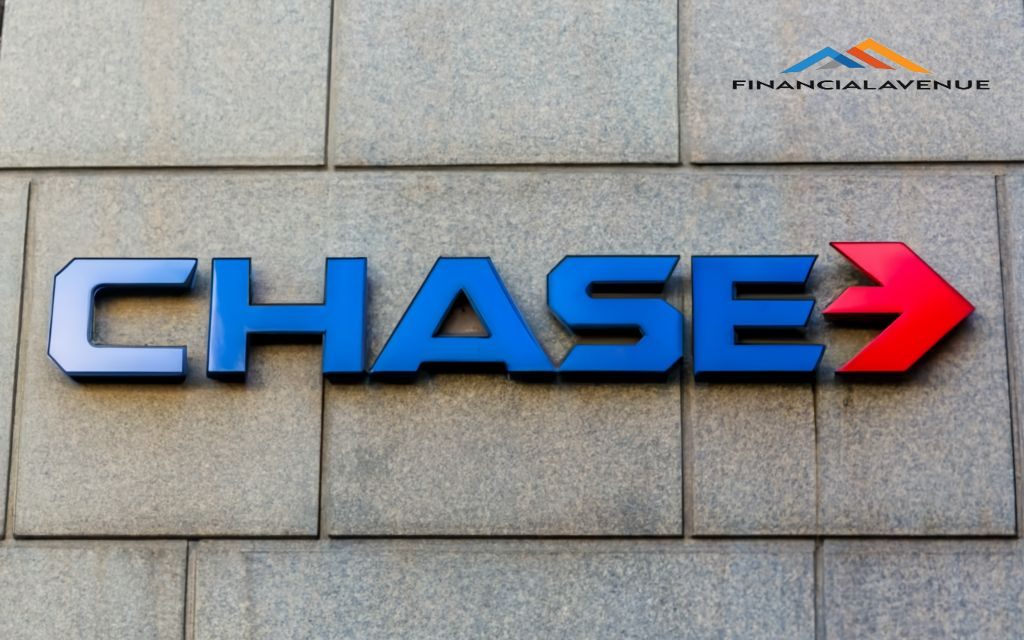With over half a trillion dollars in assets, JPMorgan Chase is not only the largest bank in the US but one of the biggest in the world. As a major player in the UK’s banking sector, Chase touts its “ethical banking” practices and financial success. However, many critics argue profit is being prioritized over ethics at this global financial giant. This article scrutinizes Chase’s impact across four key areas – environment, investments, consumer issues, and governance. Should ethical consumers bank elsewhere?
Environmental Impact: Financing Climate Change?
Climate change poses an urgent threat, with banks enabling fossil fuel companies contributing significantly to emissions. An Ethical Consumer report found Chase has provided over $269 billion in fossil fuel financing since 2016. This dwarfs the bank’s sustainable investments like financing for solar and wind projects.
Environmental groups argue Chase’s fossil fuel funding clashes with the UK’s emission reduction targets. The bank claims addressing climate change is a priority but has faced growing calls to stop backing new oil and gas projects.
| Year | Chase Fossil Fuel Financing |
|---|---|
| 2016 | $42 billion |
| 2017 | $51 billion |
| 2018 | $65 billion |
| 2019 | $75 billion |
| 2020 | $36 billion |
Table showing Chase’s billions in fossil fuel financing per year from 2016-2020
While Chase has pledged money toward renewable energy and made some operational changes, critics allege a substantial environmental impact remains from its outsized financing of fossil fuels contributing to climate change.
Learn more: Can You Get Euros from the Post Office Without Ordering?
Investments and Scandals: Unethical Decisions Under the Radar
Banks like Chase have been linked by human rights groups to investments in companies tied to oppression and humanitarian disasters. Chase has helped finance known manufacturers of nuclear weapons and cluster bombs.
The bank has also faced scandals like market manipulation fines and deceptive trading accusations. In 2020, Chase agreed to pay over $1 billion in fines connected to market manipulation. In 2013, the bank paid fines related to unethical practices around the infamous “London Whale” trading scandal.
Critics contend Chase’s published ethical codes differ greatly from actual practices. The bank claims to uphold moral standards with responsible banking policies but continues financing controversial fossil fuel pipelines like Keystone XL.
Between dodgy investments, shady practices, and greenwashing, Chase is no stranger to scandals and ethical questions hidden beneath the surface.
Do you want to learn more? Read the Quidco cashback website review – is it real or fake?
Consumer Issues: Overdrafts and Security Failures
Consumer groups have called out Chase for exploiting customers through exorbitant overdraft fees – charging the poorest account holders $35 for going just $5 overdrawn. Which? referred to overdrafts as a “legal loan sharking scam”.
Chase has also faced data breaches and system outages impacting UK consumers, like debit cards getting declined and wages missing.
In 2021, Which? filed a super-complaint with UK regulators about US banks like Chase failing local consumers on multiple issues. Chase claims to put consumers first but critics argue predatory overdraft fees and IT failures contradict that.
| Year | Major Chase Consumer Issues |
|---|---|
| 2017 | Data breach impacts over 90k UK consumers |
| 2018 | UK account outages + declined cards |
| 2021 | Which? super-complaint targets Chase’s UK practices |
Table outlining some of Chase’s major UK consumer issues in recent years
Learn more about Louis Vuitton Affiliate Program
Corporate Governance: Sky-High Executive Pay
JPMorgan Chase’s board of directors holds responsibility for governing corporate decisions and guiding ethical practices. Yet critics often cite the bank’s executive pay as excessive, sparking doubts about financial priorities.
In 2019, CEO Jamie Dimon’s compensation soared to $31.5 million, over 364 times higher than median employee pay. Dimon has earned over $1 billion during 15 years leading the bank.
| Year | CEO-Worker Pay Ratio |
|---|---|
| 2017 | 364:1 |
| 2018 | 351:1 |
| 2019 | 364:1 |
Table showing Chase’s CEO pay is hundreds of times higher than median worker pay
Experts argue such outsized incentives encourage chasing profits over ethics. And despite scandals, pay keeps soaring while shareholders stay silent.
Don’t get confused and learn What is a Monkey in Money?
Conclusion: Does Chase Bank Uphold Ethical Standards?
This analysis reveals JPMorgan Chase often prioritizes profits over positive environmental and societal impact, despite proclaiming “ethical banking” credentials. From financing fossil fuels to exploiting consumers, glaring issues persist. Rising executive pay paired with recurring scandals also highlight questions around governance and accountability.
While Chase engages in some ethical practices, major concerns remain, leading to accusations of greenwashing and hypocrisy from critics. The bank falls short of ethical banking standards increasingly expected by UK consumers.
As public awareness grows around banks’ environmental and social responsibility, Chase faces mounting pressure to reform practices and increase transparency. If substantial changes don’t materialize, ethically minded consumers may continue switching to “ethical alternatives“ putting people and planet over profits. The choice between ethics and economics continues, but the tide seems to be turning.
Read more about IPS Delivery Scam

Daniel, a seasoned professional with over 5 years of experience in banking, property, and finance, brings a wealth of expertise to the table. This authoritative blog is meticulously curated to provide you with the most up-to-date financial insights. Delving into the dynamic realms of banking and mortgages, Daniel’s passion for finances shines through every post.










